Australian Cattle Dog
Showing all 2 results
Shelter Dog Meal Donation Count:
Showing all 2 results
Australian Cattle Dogs, also known as Blue Heelers or Queensland Heelers, are known for their high energy and intelligence. They are excellent working dogs, particularly adept at herding cattle.
Originally bred to herd cattle in Australia, these dogs are exceptional workers, known for their ability to control and move cattle in open and confined spaces.
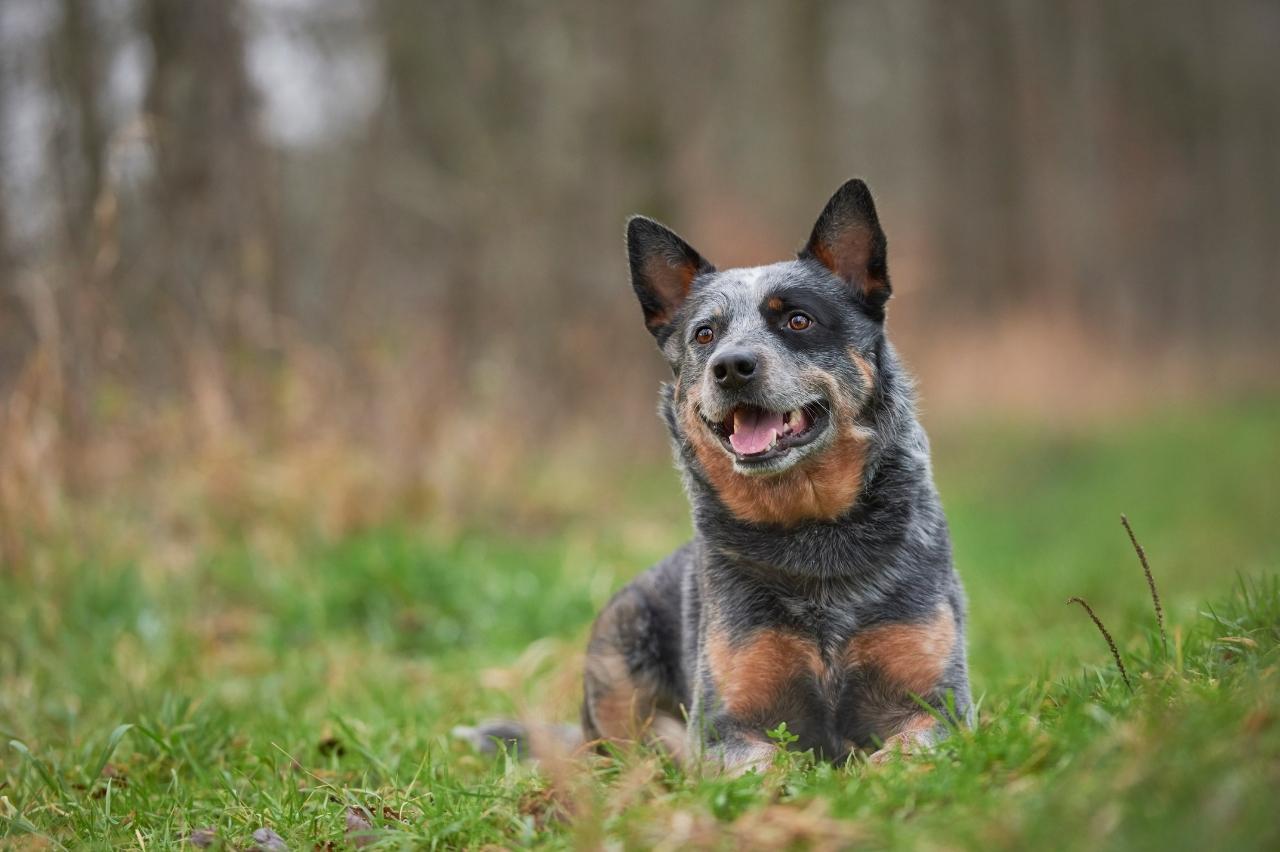
The breed was developed in the 19th century in Australia to meet the need for a dog that could handle herding cattle over vast distances in harsh environments.
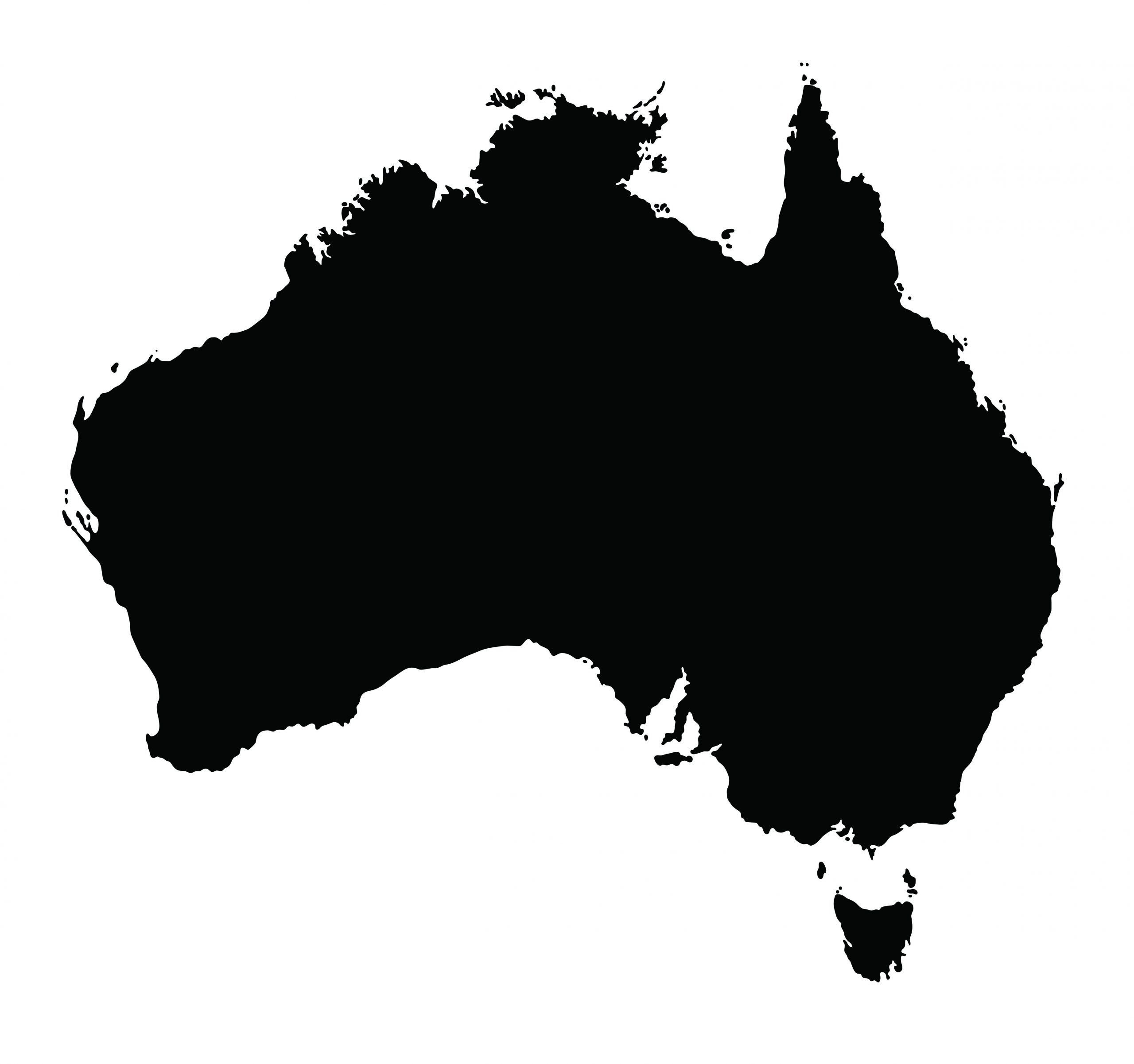
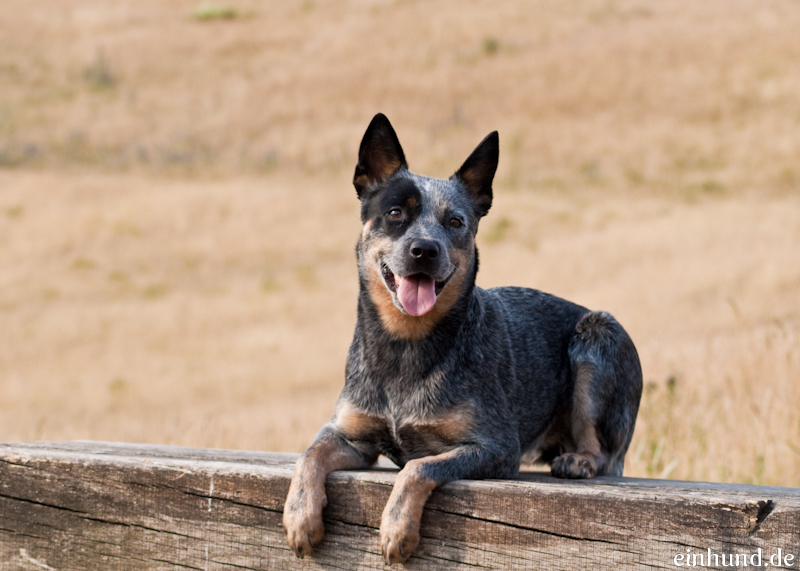
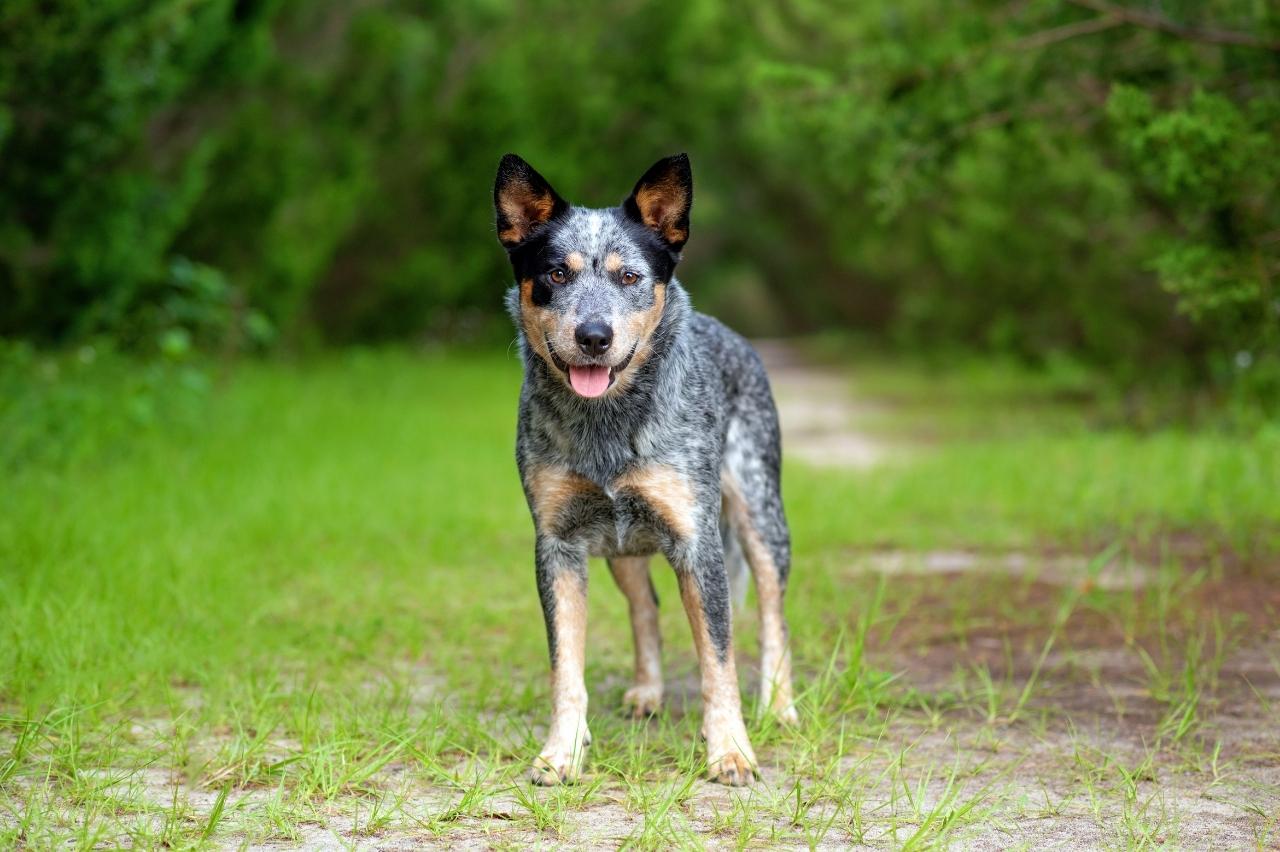
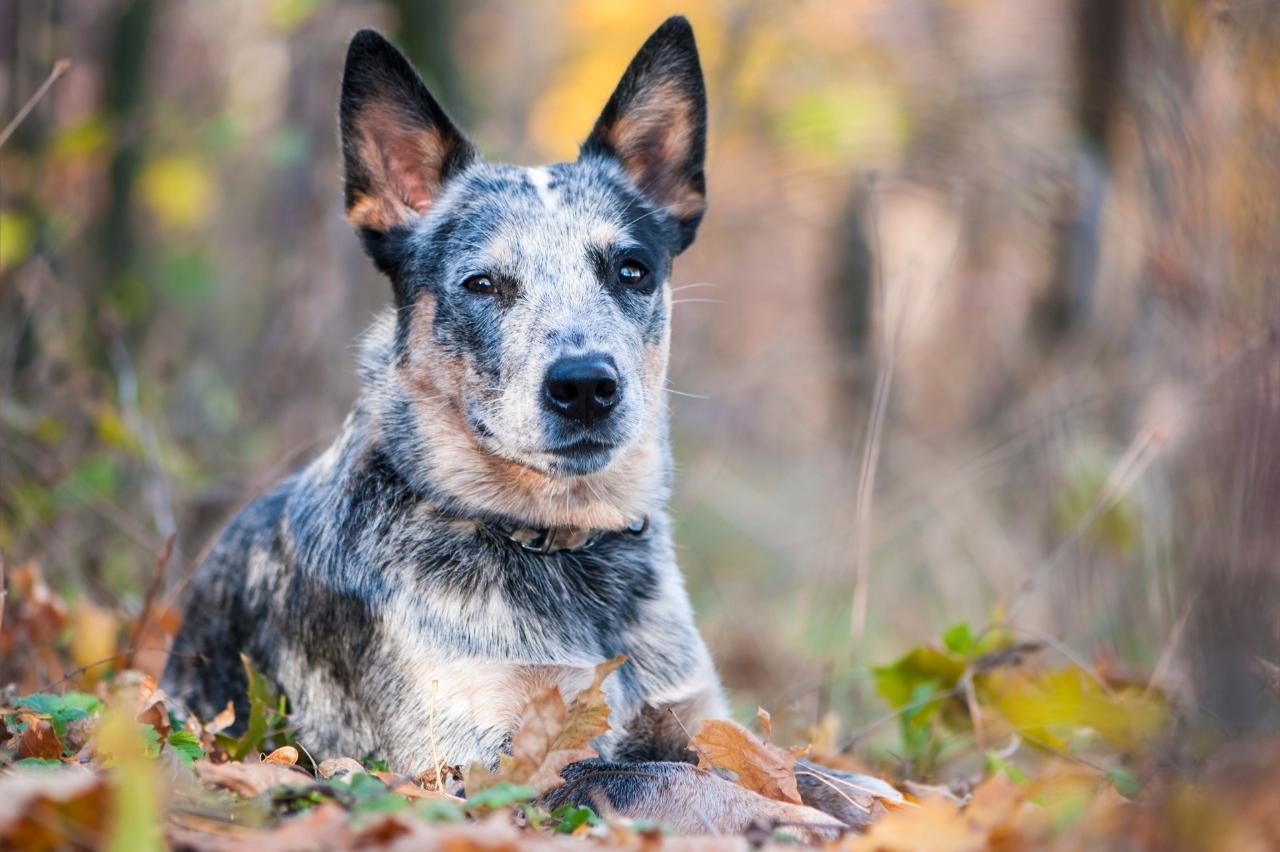
Generally healthy but prone to hip dysplasia, progressive retinal atrophy, and deafness. Regular health check-ups and screenings are recommended.
Their coat requires regular brushing to minimize shedding and maintain coat health. Bathing should be done as needed but not excessively to maintain natural coat oils.
Australian Cattle Dog require significant exercise, including daily walks, play sessions, and mental stimulation. Ideal for active families or as working dogs on farms or ranches.
Training should start early and be consistent. They respond well to positive reinforcement techniques and require mental stimulation to prevent boredom.
A balanced diet is appropriate for their size and energy level. Careful monitoring of food intake is necessary to prevent obesity, especially in less active individuals.
Caring for an Australian Cattle Dog requires commitment, particularly in providing sufficient exercise and mental stimulation. They thrive in environments where they have a job or are engaged in regular, active routines. With proper care, they make loyal, energetic, and affectionate companions.
The Australian Cattle Dog, known for its robustness and high energy levels, is generally healthy. However, like all breeds, they are predisposed to specific health conditions. Awareness of these conditions and undergoing recommended tests can help maintain their health.
Regular veterinary check-ups are essential to catch any health issues early, and prompt attention to changes in your dog's behavior or appearance is key. With proper care and attention to health, Australian Cattle Dogs can lead happy, healthy lives as beloved members of their families.
The iHeartDogs Free Rx Discount Card Program is a pet prescription discount card that can help you save money on your furry friend’s medications. The card is free to sign up for, and you can use it at participating pharmacies nationwide. To use the free program, simply show the card to your pharmacist when you pick up your pet’s prescription. The pharmacist will then scan the card, and you will receive a discount on the price of the medication.LEARN MORE
Caring for an Australian Cattle Dog involves various annual expenses, which can vary depending on factors such as your location, the individual dog’s needs, and the level of care you choose to provide. Here’s a general breakdown of the annual costs for an Australian Cattle Dog:
Total Estimated Annual Cost:
$2150 - $6600
It's important to note that these figures are estimates and can vary. Also, the first year of owning a dog can be more expensive due to one-time costs like spaying/neutering, initial vaccinations, and training. Regular budgeting for your dog's needs and an emergency fund for unforeseen costs are essential for responsible pet ownership.
We rely on ads to keep creating quality content for you to enjoy for free.
Please support our site by disabling your ad blocker.
Continue without supporting us
If the prompt is still appearing, please disable any tools or services you are using that block internet ads (e.g. DNS Servers).